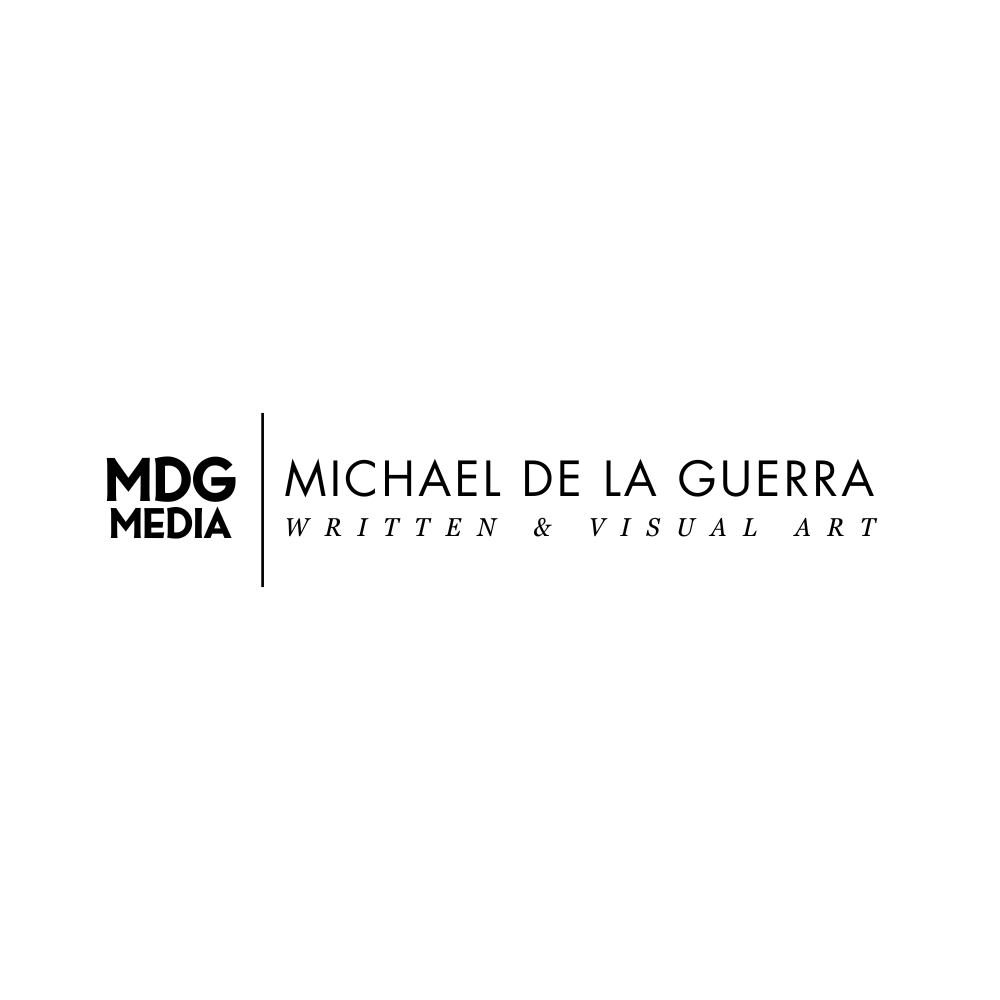
Have you ever been so depressed you stopped eating?
Someone recently asked if I offer personal training services. Since I lack the education and credentials one needs for that I said, “no.”
But another person asked me the same question the following day.
Why?
Because I posted a shirtless picture of myself at the beach on Instagram.
Under the glistening sun, slathered in salty sea water, you could see my abs through what little fat still clings to my body.
While knowing my physical appearance elicits that kind of response is appreciated and does a lot for my self-esteem, there’s a dark side to this I have to get honest about.
Since the pandemic “started” in March, I’ve gone through two toxic breakups with someone. The first time, I took up jogging and light weight training via my kettlebell.
I also fell into a deep depression, in which I stopped eating and needed meal replacement maintenance shakes to make sure I was nourished.
In the months since, I’ve kept to a steady workout and diet regimen.
But the second breakup happened several weeks ago. I again lost my appetite, and had trouble eating.
This led to a large reduction in water weight, which allowed my abs to peek through my skin.
The months of torturous heartbreak and immobilizing depression behind the picture that people saw on social media weren’t visible—all they could see was the abs.
Many marketers view pain in much the same way.
We spend countless hours brainstorming and researching “pain points” around our products/services falsely believing that we are in the business of healing pain, when all we really do is help alleviate frustration (a mere symptom of pain).
Walking in on your partner with another person, only to have them beg you not to leave, as confusion sets in and your body excretes trauma by way of sweat, is painful.
Explaining to your child why your being “so busy with work” caused you to forget picking them up from school is painful.
Watching revenues for your business shrink, knowing that you’ll have to let people go from their jobs, is painful.
It’s arrogant for us to assume that we heal pain, and most marketing reflects this.
Because we’re scared.
We are either too afraid to dig into what pains our markets the most, or we’re afraid to say it out loud.
Does your app allow people to build websites without having to learn WordPress or shell out the cash for an expensive programmer?
Or does it save someone time that they can then spend with their children while building their business, and not have to choose between the two?
Does your fitness coaching service help people live a healthier life and give them the basic knowledge they need to walk around the gym knowing exactly how to use each machine and weight station?
Or does it peel away at decades of shame that has suppressed their confidence and has them keeping their shirt on when they attend a pool party?
Do I write copy that “pops,” and moves people to take action?
Or do I give a voice to businesses who are desperate to grow but banging their heads against the wall when they sit down to write?
Do I simply write words that sound good, or do I take tedious tasks off the plates of business leaders so they can focus on navigating the ship they worked so hard to build through the tumultuous waves of the time?
True pain lies deep within your market, and deep within you.
But if you’re afraid to dig, you won’t find that pain, and you’ll (successfully, perhaps) be selling a bottle of cream to someone who needs an MRI and physical therapy.
When I posted my shirtless picture on Instagram, who knows what pain drove the two men who asked for advice—maybe they’ve been ashamed to ask a “real” trainer for help, so they sought it out from an average person who looks more like them.
And even though they wanted fitness tips, four close friends—clued into the actual pain I’ve been going through—asked if I was okay, and if I’d been eating.
One even dropped food off for me.
As marketers, we need to better understand the problems we’re trying to solve, because we are in the business of shifting the paradigms of people looking for relief, so they can see that there is a solution to what keeps them up at night.
And like Jung said, “there’s no coming to consciousness without pain.”
Great change happens where great pain once held us back, but only if we do what’s necessary to arouse the burning desire that compels us to march towards a brand new vision for ourselves.
Keep digging to find the pain that does this.
And don’t forget to eat.
